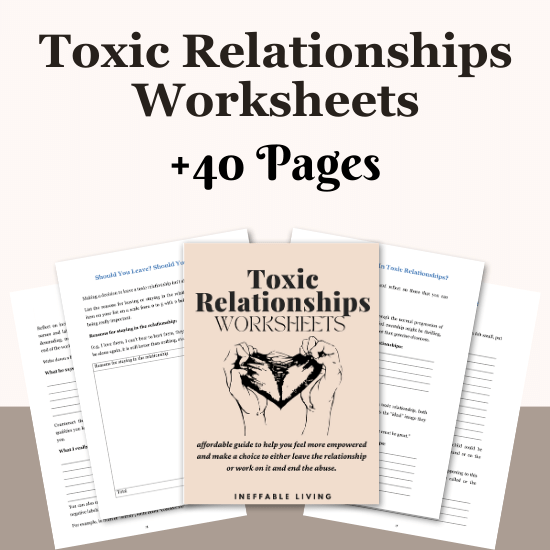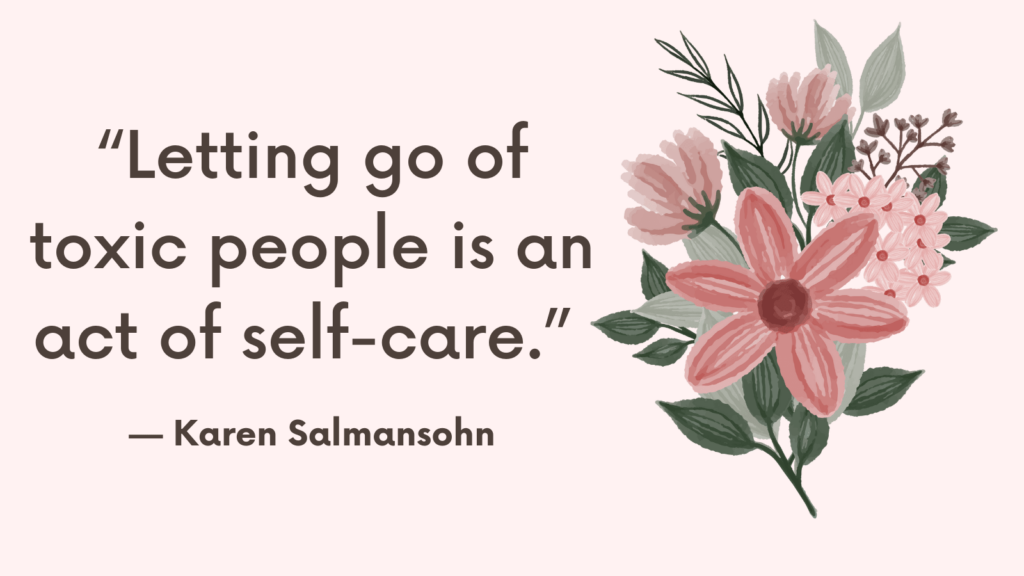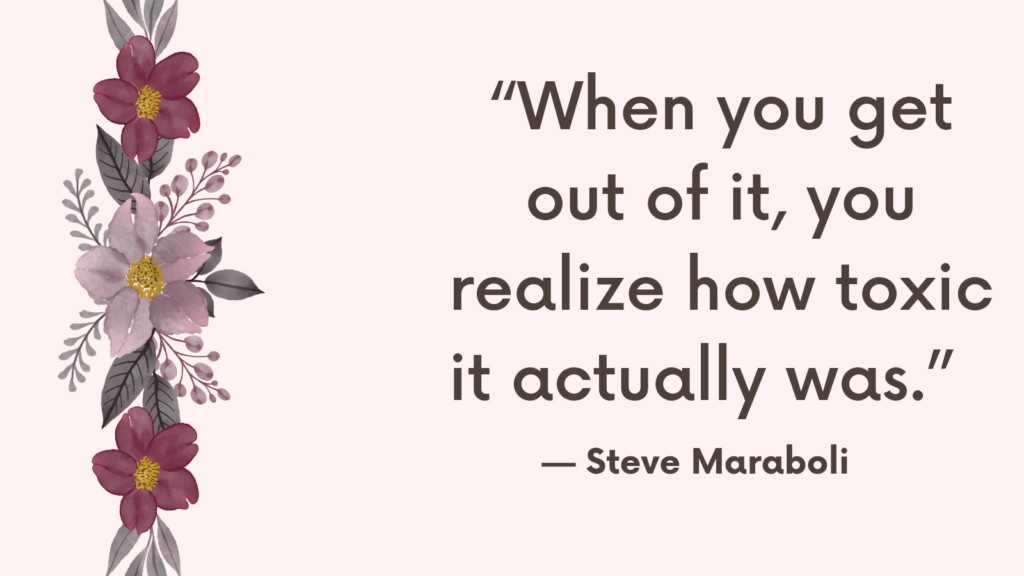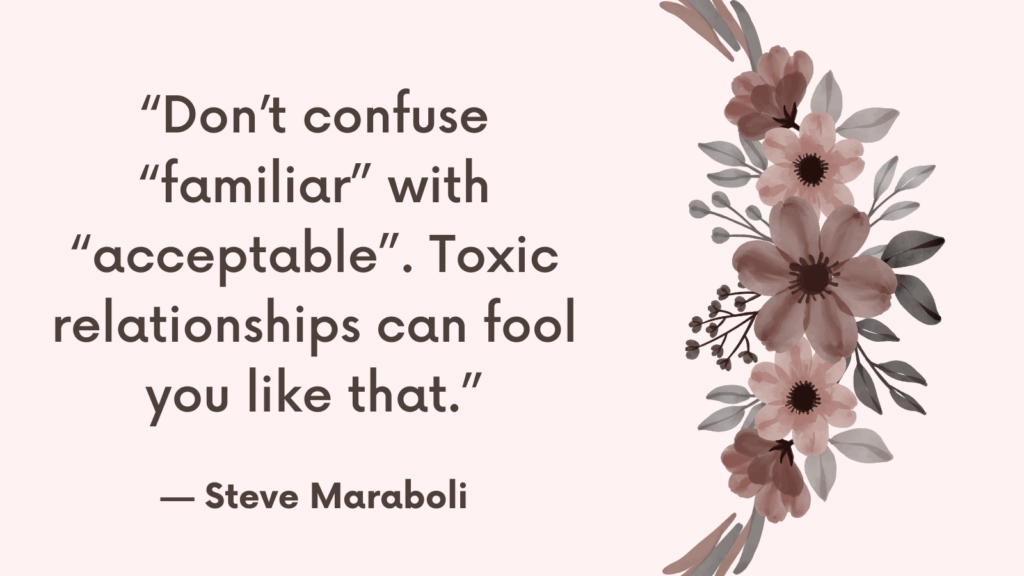Toxic relationships can significantly impact your mental health and overall well-being.
Recognizing the signs of a toxic relationship and knowing how to address them is crucial.
This guide outlines ten red flags to look out for and four strategies to detoxify such relationships.
Ten Red Flags of a Toxic Relationship
1. Chronic Anger
Chronic anger manifests as frequent blow-ups, irritability, or moodiness.
This isn’t just occasional anger due to stress or a bad day but a persistent pattern used to control others.
If you find yourself constantly walking on eggshells to avoid triggering someone’s anger, it could be a sign of a toxic relationship.
2. Chronic Sarcasm
Sarcasm is often a disguised form of anger.
While a bit of playful banter can be harmless, constant sarcastic remarks can indicate underlying hostility.
3. Disparaging Humor
Similar to sarcasm, disparaging humor involves putting others down in a joking manner.
This type of humor can erode self-esteem and create a hostile environment.
Related: 10 Toxic Communication Styles to Avoid In a Relationship
4. Punitive Mindset
A person with a punitive mindset believes that others deserve the bad things that happen to them.
They may fail to offer genuine apologies and instead blame others for their reactions.
For example, if someone apologizes for hurting your feelings but insists that you provoked them, they are not truly sorry.
5. Controlling Nature
A controlling person dictates how you should act, dress, or think.
They might get angry if you don’t follow their preferences, making you feel guilty for being yourself.
Related: How To Communicate With Your Partner Without Fighting?
6. Excessive Insecurity
Excessively insecure individuals need constant reassurance.
They require you to agree with them and do things their way.
If you don’t, they may blame you for their lack of self-esteem.
7. Extremely Opinionated
Being extremely opinionated often masks judgmental attitudes.
Such individuals are quick to criticize and impose their views on others, leaving little room for differing opinions.
8. Manipulative Behavior
Manipulators use guilt and pressure to get their way.
They may repeatedly ask you to do something, disregarding your initial refusal, until you feel worn down and comply.
Related: Relationship Red Flags Quiz
9. Predominant Self-Centeredness
Self-centered individuals take more than they give.
Even when they do give, it often comes with strings attached, making you feel indebted or exploited.
10. Constant Offensiveness
Some people believe they must always be on the offense to prevent others from taking advantage of them.
This worldview can lead to manipulative and exploitative behavior, always seeking to gain the upper hand.
How to Detoxify a Toxic Relationship?
If you find yourself in a toxic relationship, here are four ways to start detoxifying it:
1. Take a Break
Taking a break from the relationship can give you clarity.
Reflect on how you feel when you’re away from the person.
Assess the positives and negatives of the relationship, which can help you make more informed decisions about its future.
2. Create Emotional Distance
Creating emotional distance is key to protecting yourself.
Evaluate the necessary level of closeness.
If the toxic person is a spouse, professional help may be needed.
For less intimate relationships, reduce the emotional impact they have on you by not internalizing their negative opinions.
Related: 10 Silent Red Flags In A Relationship To Watch Out For
3. Evaluate Your Contribution
Consider your role in perpetuating the toxicity.
Are you provoking the other person or mirroring their negative behavior?
Changing your behavior can disrupt the toxic dynamic and potentially lead to improvement.
4. Set Clear Boundaries
Establishing and maintaining clear boundaries is crucial for detoxifying a toxic relationship.
Clearly communicate your boundaries to the other person. Let them know what behaviors are unacceptable and what the consequences will be if they cross those boundaries.
Be consistent in enforcing your boundaries. If the person continues to disrespect your limits, follow through with the consequences you’ve outlined.
For example, if your partner frequently yells during arguments, calmly state that you will not engage in conversations where yelling is involved and walk away if it happens.
Related: Yellow Flags In A Relationship

Conclusion
Recognizing the signs of a toxic relationship and taking steps to address it can significantly improve your mental and emotional well-being.
By identifying red flags and implementing strategies to detoxify your relationships, you can foster healthier, more supportive connections.



